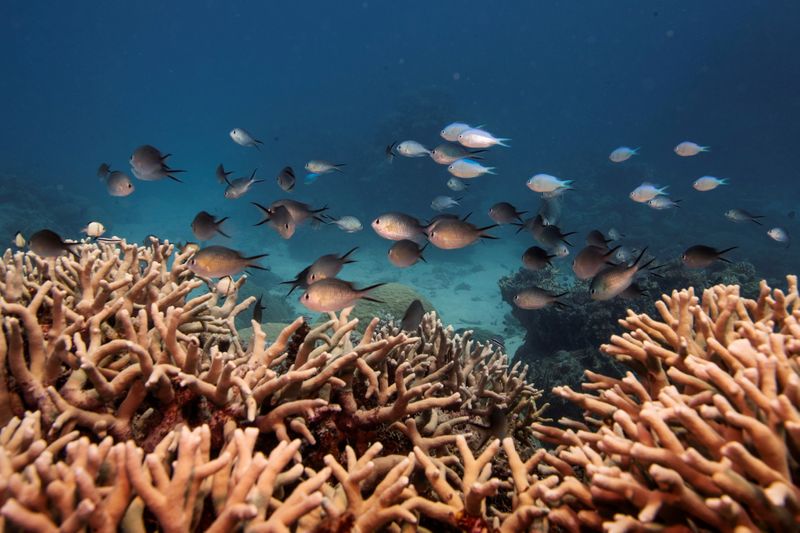By Simon Jessop
LONDON (Reuters) - HSBC Global Asset Management (L:HSBA) has teamed up with climate change advisory firm Pollination Group to create an asset management venture focused on "natural capital", which seeks to put a value on resources such as water, soil and air to help to protect the environment.
The new venture - HSBC Pollination Climate Asset Management - will look to raise up to $1 billion for its first fund next year, targeting investments that "preserve, protect and enhance nature over the long-term", it said in a statement on Wednesday.
It aims to attract capital from institutional investors, including sovereign wealth funds, pension funds and insurers into natural capital investments.
A growing number of asset owners such as pension funds are looking to invest in projects that help to protect the world's biodiversity at the same time as turning a profit.
"Clients are increasingly focused on environmental matters and this initiative is designed to help them achieve a financial return, while at the same time creating a positive impact on the world’s biodiversity," said HSBC Global Asset Management Chief Executive Nicolas Moreau.
Investment in natural capital will provide exposure to projects that include sustainable forestry, regenerative and sustainable agriculture, water supply, nature based bio-fuels, or projects that generate returns from reducing greenhouse emissions.
The first fund will be followed by a carbon credit fund of up to $2 billion. HSBC intends to become a cornerstone investor in the first fund.
HSBC Global Asset Management and Pollination will both provide resources to the planned joint venture and it will operate independently.
"To reach the goals set in the Paris Agreement we need to originate and fund new approaches that protect nature, at scale," said Martijn Wilder AM, co-founding partner at Pollination, referring to the 2015 climate deal that aims to keep carbon emissions below 2 degrees Celsius by 2050.

"Investing in the resilience of nature is investing in the resilience of the economy. Nature is the most fertile investment we have."